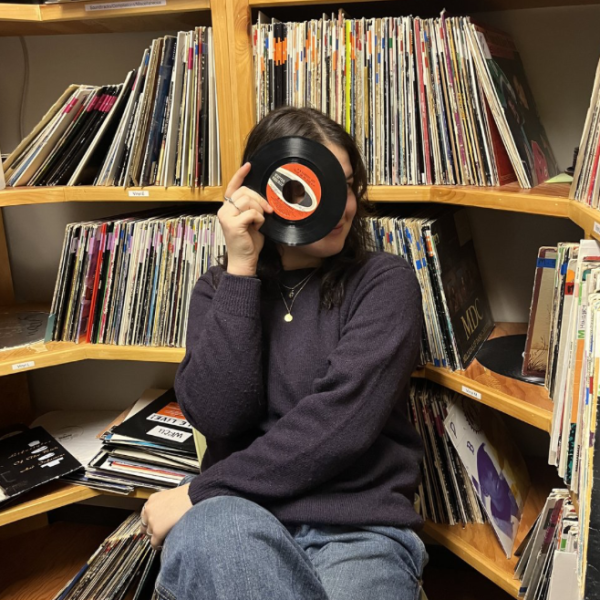A Response to Those Who Disdain 9/11 Remembrance
Last week, America observed the 18th anniversary of the September 11 terrorist attacks. The ripple effects of this tragedy continue to be felt by millions on each anniversary and will continue to live on for generations. On that day, nearly 3,000 Americans died including 343 firefighters making it the single deadliest terrorist attack in human history.
From 200,000 German citizens marching in solidarity in Berlin, to thousands of Chinese citizens leaving flowers at the U.S. Embassy in Beijing, to the Kenyan Masai tribespeople giving 14 cows to American diplomats in a gesture of sympathy, the pain of the tragedy was international and cross-cultural. Even in our small community of Hamilton, New York the town’s local ambulance agency, Southern Madison County Ambulances Corp. (SOMAC), drove to New York City to assist some of the thousands that were injured.
While 9/11 was a tragic day of grief and mourning, it was also a time of great unity for the country. A month after the attack, a bill to make September 11 a national day of mourning passed 407-0 in the U.S. House and unanimously in the Senate. In the years following the attacks, the number of U.S. adults describing themselves as “extremely proud” to be American jumped from 55 percent before the attacks in 2001 to 70 percent in 2003 according to Gallup polls. Despite America’s constant division and disagreement, 9/11 would be a day when we could stand together against evil mourn the loss of life and celebrate the resilient spirit of the country.
Fast forward 18 years, however, and national sentiments have begun to shift dramatically. For yet another year at Colgate, I sat amongst students on 9/11 that spoke about its remembrance with self-righteous indignation: “What about the thousands of innocent civilians killed by the U.S. in the Middle East?” “Why aren’t we discussing the rise of islamophobia?” “What about the U.S.’s role in provoking the attacks and creating Al-Qaeda?” and “God I hate America.”
At a time when the country is more polarized than ever, America is losing one of the few moments of national unity we have left. It is one of the only times that we put our differences and disagreements aside and stand together as one people in solidarity of the lives lost. And how are some students discussing 9/11 at lunch and in their classrooms? “I hate America.”
To be fair to those critical of 9/11’s remembrance, it should be recognized that the vast majority mourn the loss of any innocent life and intend no disrespect to those impacted by 9/11. In fact, the topics they pose (the U.S.’s involvement in the Middle East, the Iraq War, the rise of islamophobia, etc.) are all worthy of lengthy discussion by the public, and particularly at a liberal arts college.
At the same time, it is important to recall why Patriot Day was instituted a month after the attacks. It was not a silent nod to islamophobia, nor a call for war, nor a declaration of the U.S.’s innocence in Middle Eastern conflicts. It was created “in honor of individuals who lost their lives as a result of the terrorist attacks of September 11, 2001.”
As we think towards Colgate’s future, the majority of the Class of 2024 will be comprised of students born after September 11, 2001. It will therefore be our responsibility as students, as citizens and as the generation that lived through one of the darkest days in U.S. history to preserve the moment that America stood unified against evil. We do this on 9/11 not as a means to forward our own opinions and political agendas, but to respect the thousands who cannot stand here with us today and do the same.














